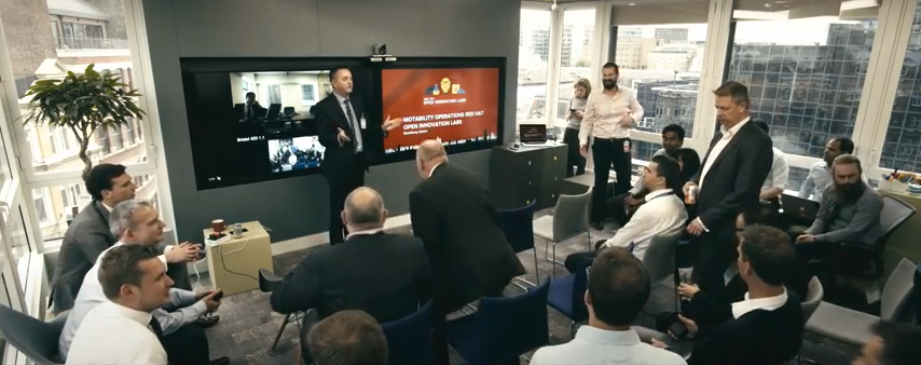Showcase
An event to demonstrate and show the outputs and outcomes of a team's work over a recent time period
Tim Beattie
Jonathan Johnston
What Is Showcase?
-
An event where stakeholders and interested parties are given a demonstration of recent work performed by a team.
-
The latest increment of the product with new features built by the the team is showcased.
-
The event also provides an opportunity to review all other work (including non-functional progress) performed by the team.
-
It is often performed at the end of an iteration (and known as a Sprint Review or Iteration Demo) but can be performed at key milestones in the life of the product and, indeed, can be scheduled at any time where feedback would be useful.
Why Do Showcase?
-
This provides a critical feedback loop for products being incrementally and iteratively built as stakeholders can feed back on the features as they are being built into the product, suggest improvements, new ideas for features and catch problems or defects with the product early.
-
It provides an open forum for channeling feedback from stakeholders into the product leadership so that the prioritisation and future work can be adapted accordingly.
-
It enables collaboration across all interested parties on a regular basis and facilitates conversation on the future direction of the product.
How to do Showcase?
Advice
-
Where possible avoid scripting the showcase give stakeholders/end users the ability to play around with the new product. Showcases should be as interactive as possible, aiding the team in collecting real world feedback
-
Showcases should be a comfortable and open environment for people to speak freely. Encourage negative as well as positive feedback, this is the only way to ensure that you're building the right thing
Tips for remote working
-
Works quite well remotely but preparation is essential.
-
The showcase is particularly important in a remote delivery as it is the primary if not the only opportunity to show the value that has been delivered during the sprint in the absence of the team being co-located.
-
Agree agenda and demo roles with the team, and use a timer to ensure you timebox the presentation.
-
Use available online tools and emulators where possible.
-
Facilitator is key to allow the team complete the demo uninterrupted and then allow stakeholders to give feedback and ask questions.
-
Be sure the is enough time for Q&A
-
Recommend doing a virtual “walk the walls” event using the virtual whiteboard tool to playback the sprint journey.
-
Record the session and create showcase video.
-
Create a summary of the increment and share broadly, with links to all available material.
Look at Showcase
Links we love
Check out these great links which can help you dive a little deeper into running the Showcase practice with your team, customers or stakeholders.
